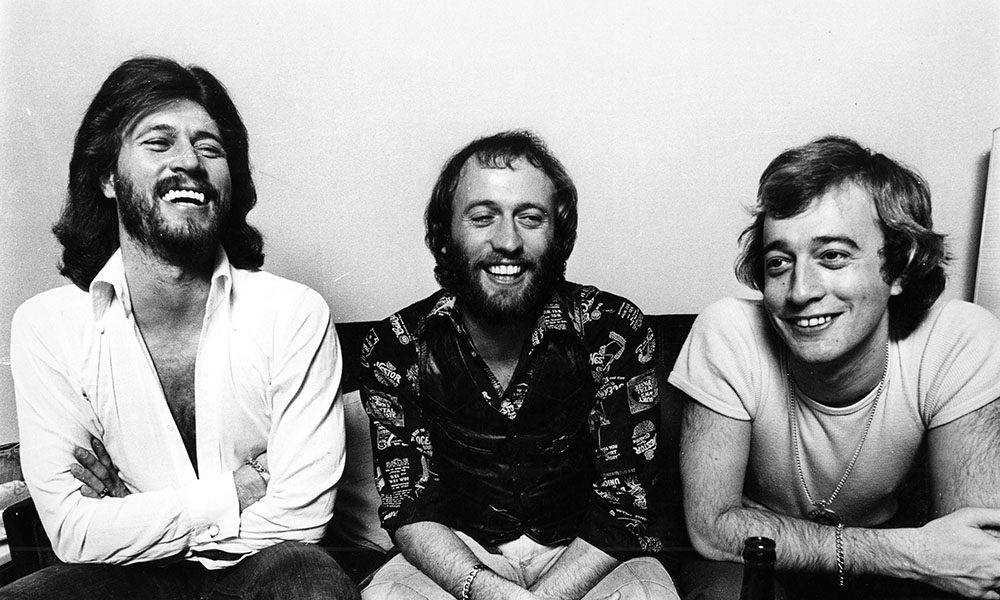Bee Gees: When Brotherly Love Collided with Stardom

They conquered the world with harmonies so tight it felt like one voice. The Bee Gees — Barry, Robin, and Maurice Gibb — became a global phenomenon, selling over 220 million records and defining the sound of an era. But behind the golden glow of disco lights and Grammy awards lay something far more fragile: the bond of brotherhood.
And at one point, it almost broke.
🌪️ The Rise… and the Rift
In the late 1960s, Bee Gees were on the rise. With hits like Massachusetts, To Love Somebody, and New York Mining Disaster 1941, the trio was seen as a unified creative force. But within the group, storm clouds were forming — most notably between Barry (the eldest) and Robin (the middle brother).
Tensions grew over who should sing lead vocals. Barry’s silky falsetto was becoming the face — and voice — of Bee Gees, and Robin, who had sung lead on many early hits, felt sidelined. In 1969, amid the group’s growing success, Robin quit Bee Gees, citing “artistic differences” and frustration over management favoring Barry.
For fans, it was shocking. For the brothers, it was personal.
💥 The Solo Era & Emotional Distance
Robin pursued a solo career and scored a UK #2 hit with Saved by the Bell. Barry and Maurice continued as “Bee Gees” and released the album Cucumber Castle. But the magic wasn’t the same. Though all brothers were publicly cordial, privately, communication had broken down. They were no longer just bandmates — they were rivals.
Even their mother, Barbara Gibb, was caught in the middle, begging her sons to reconcile.
🔁 Reconciliation and Reinvention
By 1970, the feud had cooled. Robin rejoined the group, and the trio released 2 Years On, marking their reunion. It wasn’t an instant return to glory — they went through a creative slump until 1975’s “Main Course”, which introduced their signature falsetto disco sound. That led to the explosion of Stayin’ Alive, Night Fever, and How Deep Is Your Love.
Ironically, it was during this era of massive success that they seemed most united. Having weathered their earlier rivalry, they leaned into their brotherhood, producing for other artists and writing together prolifically.
😢 Not All Was Healed
But the wounds never completely vanished.
According to Maurice in interviews, they had to learn “how to treat each other like equals again.” Tensions still surfaced during creative disagreements. And as they aged, the shared trauma of fame, addiction (especially in Andy Gibb’s case), and family loss kept tugging at the seams of their relationship.
🕊️ A Bittersweet Legacy
Maurice died suddenly in 2003. Robin passed away in 2012 after battling cancer. Barry, the last surviving Bee Gee, later admitted that being the “last man standing” haunts him deeply.
In a 2020 interview, Barry revealed:
“There were times I didn’t even speak to Robin… we had arguments that lasted months. But I’d give anything to argue with him one more time.”
The story of Bee Gees isn’t just a tale of musical genius — it’s the story of brothers navigating fame, ego, and love, all in the harshest spotlight.